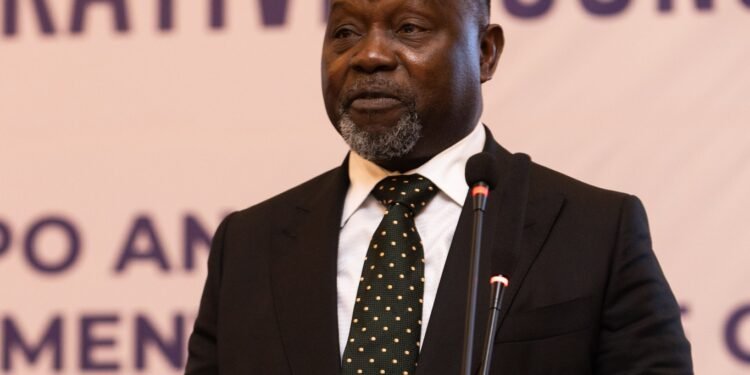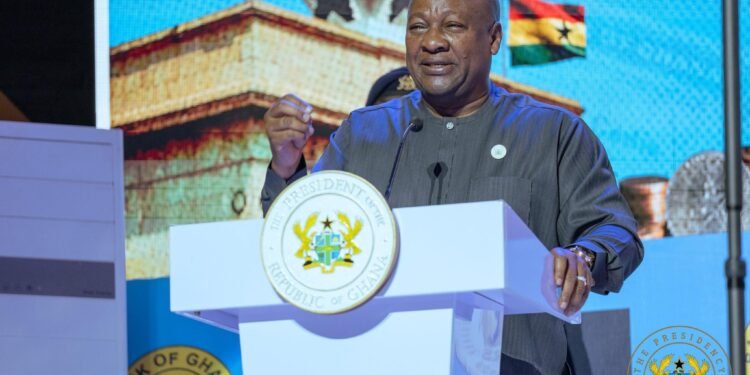Former deputy Finance Minister, Charles Adu-Boahen, has defended the newly proposed taxes by government. According to him, it will sustain the debts incurred by government in its efforts at ameliorating the plight of the country.
He stated that, government has through various COVID-19 interventions programmes helped cushion the economy.
Mr. Adu-Boahen stated that Ghana’s only alternative to escaping the debt trap is by the introduction of taxes. Following shortfalls in revenues, he stated this will put the country in a better place.
“Be as it may, the pandemic expenditure created a big hole. How are you going to pay for that? We figured it out and that resulted in a lot of borrowing and elevated debt levels. So really and truly, that is where the problem lies. We are not able to raise enough revenue to service our debts”.
Additionally, he intimated that government’s borrowing to handle the health crisis must be settled to fill the deficit gap. As such, Ghana’s rising debt stock places a huge burden on the ordinary Ghanaian. That notwithstanding, the country is on the right track with its fiscal policies.
“So, we are on the right trajectory. This shock puts us into a position where all of a sudden our debts have elevated and the interest we have to pay on the unexpected money, we had to borrow because of COVID-19.”
Charles Adu-Boahen
COVID-19, not complicit in economic woes
Meanwhile, former Finance Minister, Seth Terkper, has revealed that the current economic hardship cannot entirely be attributed to COVID-19. This, according to him, is because the economy started witnessing challenges prior to the outbreak of the pandemic.
“There appears to be an effort [by the government] to blame everything on COVID-19, but there were problems before COVID-19”.
Mr. Terkper also bemoaned the country’s debt collection methods and its revenue performance in recent years.
“Our debt collection effort is flat. One reason it’s flat is because of rebasing, and not because GRA is not making effort. What is the effect of rebasing on debt? The tax effort of our national output is how much you collect from everybody’s pay. So, you bring together everybody’s pay and find out how much percentage we are collecting from the population. So, if the income is 100 and you’re collecting 15%, it means that government is taking 15% of the total income we’re collecting. That’s what the tax to GDP ratio means”.
Seth Terpker
Government should automate internally generated funds
Professor Peter Quartey, the Executive Director of Institute of Statistical, Social and Economic Research (ISSER), has also called on government to automate all domestic revenue mobilization streams.
According to him, this will ensure efficiency in tax collation through digitisation and limiting human interference or discretion. This, he said, was the surest way to prevent revenue leakages and avoid corruption.
“If you drive through most of our road tolls you see that the process is manual. People take the monies and as a driver, either you decide to take the receipt or leave it and that to me is not proper. Because I believe half of the monies we pay do not end up in government coffers. We should shift away from that process and move to automation”.
Peter Quartey























